The Ocean Floor Jawbone That’s Redrawing Denisovan History
Anthropology.net
APRIL 10, 2025
A Jawbone from the Edge of the Map Long before shipping lanes crossed the Taiwan Strait, and long before Taiwan was an island at all, an archaic human jawbone settled into the mud of the ancient seabed. ” The Most Elusive of Human Relatives The Denisovans have always been strange occupants of the human family tree. .

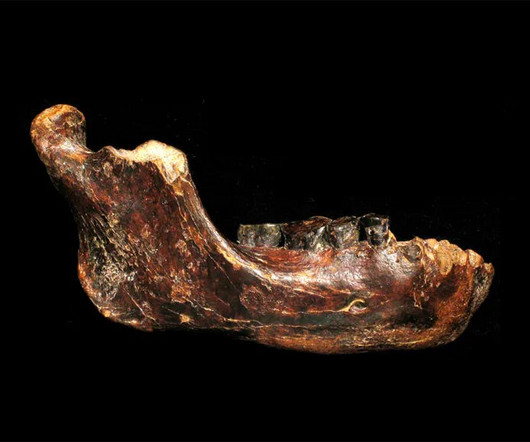
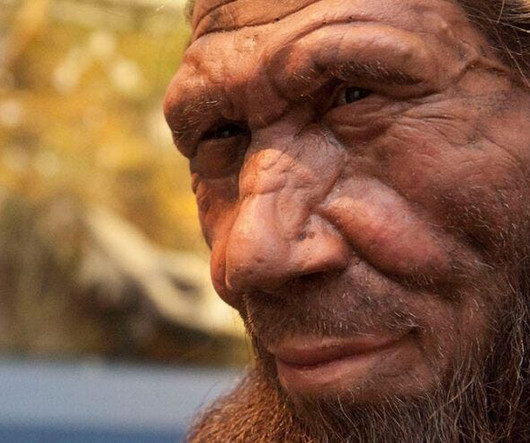
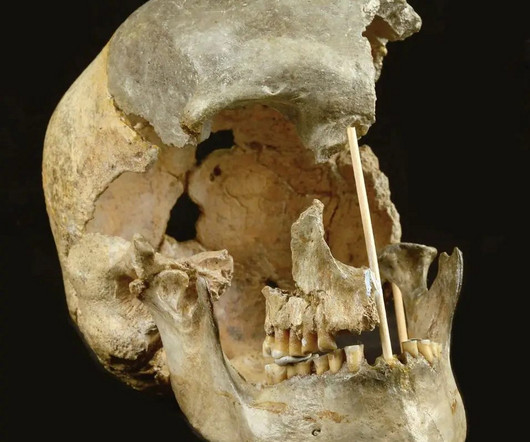
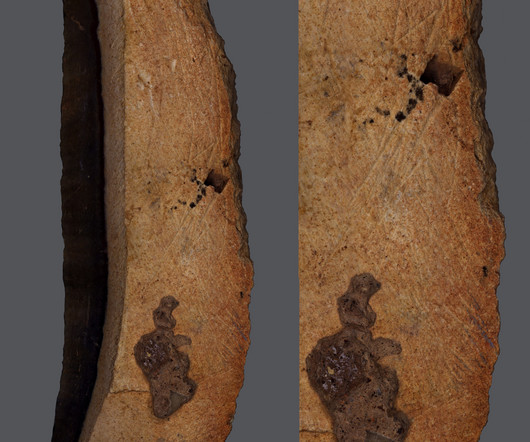

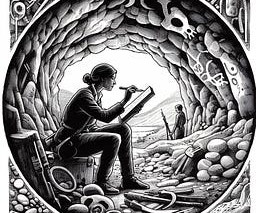

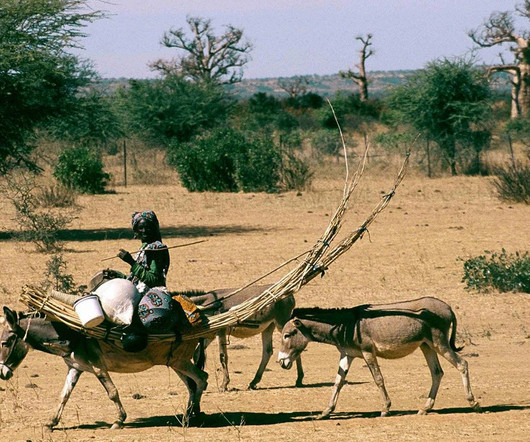







Let's personalize your content